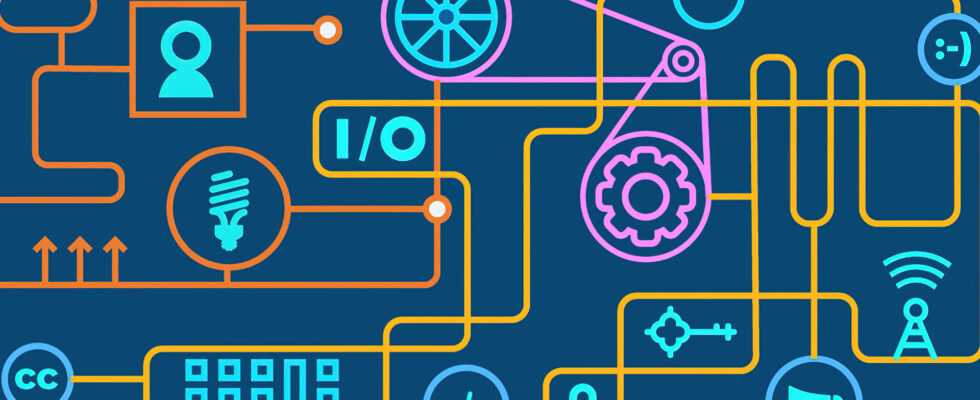The European Union wants the messaging heavyweights to open up to small platforms. An interoperability calendar is emerging.
Force WhatsApp, iMessage and Facebook Messenger to work with smaller messaging services? This is one of the goals of future European legislation, which is expected for 2022 or 2023. Its name? The Digital Markets Act (DMA). This text is specifically tailored to target only the largest platforms on the net.
This interoperability provided for by the DMA obviously raises questions about its practical application. Some of these questions are answered in a Frequently Asked Questions which was posted online by the European Commission on April 23, almost a month after the provisional agreement on DMA between the Parliament and the Council.
Among the various themes, Brussels addresses the pace of implementation of interoperability between platforms.
Because it is a question of allowing the platforms targeted by the DMA – these are called “gatekeepers”, or access controllers, because their size is so large that they can rain or shine, and therefore to hinder the emergence of new players who could challenge their position — to gradually open up to third-party services.
In detail, the platforms covered by the DMA will have to respect the following schedule, when the legislation on the digital markets (its name in French) will come into force, this year or the next.
- As soon as the DMA comes into force, the basic functionalities will have to be open for interoperability purposes. This concerns, for example, the sending of text messages between two people;
- Two years after the DMA, more advanced functions will have to be opened in turn, gradually. As an example, the European Commission cites group SMS, which may involve individuals spread across competing services;
- Four years after the arrival of the text, it is now the turn of even more complex services which will have to take the plunge. Brussels mentions here audio and video calls whether between two people or several.
Precise rules to surround interoperability
These provisions only concern platforms of a certain size. Here, to be eligible for the DMA, you must meet cumulative criteria, including that of attendance. A platform service is described as essential when it has more than 45 million active users each month in Europe — knowing that the EU has 447 million inhabitants.
Gradual interoperability will not be automatic: it will have to be the subject of a request from a third-party service. Furthermore, small platforms (i.e. those that do not meet the cumulative criteria) are not required to follow the DMA. They are not considered as “gatekeepers” and, as such, are exempt – nothing, however, prevents them from being voluntarily interoperable.
Finally, it will also be necessary to provide for the possibility, for users, of the possibility of using this option or refusing it — ultimately, this interoperability is designed in the interest of the Internet user, but not everyone may want to be not implement it. This whole building will also have to remain at the top of the art in terms of security, encryption and integrity. These interconnections should not be made to the detriment of other issues.
The DMA hears “ ensure that these platforms behave fairly online “. This is one of the two axes of the new European strategy with the DSA, which concerns digital services (Digital Services Act). Both the DSA and the DMA intend to better regulate the Internet giants, by imposing new rules of the game on them.

